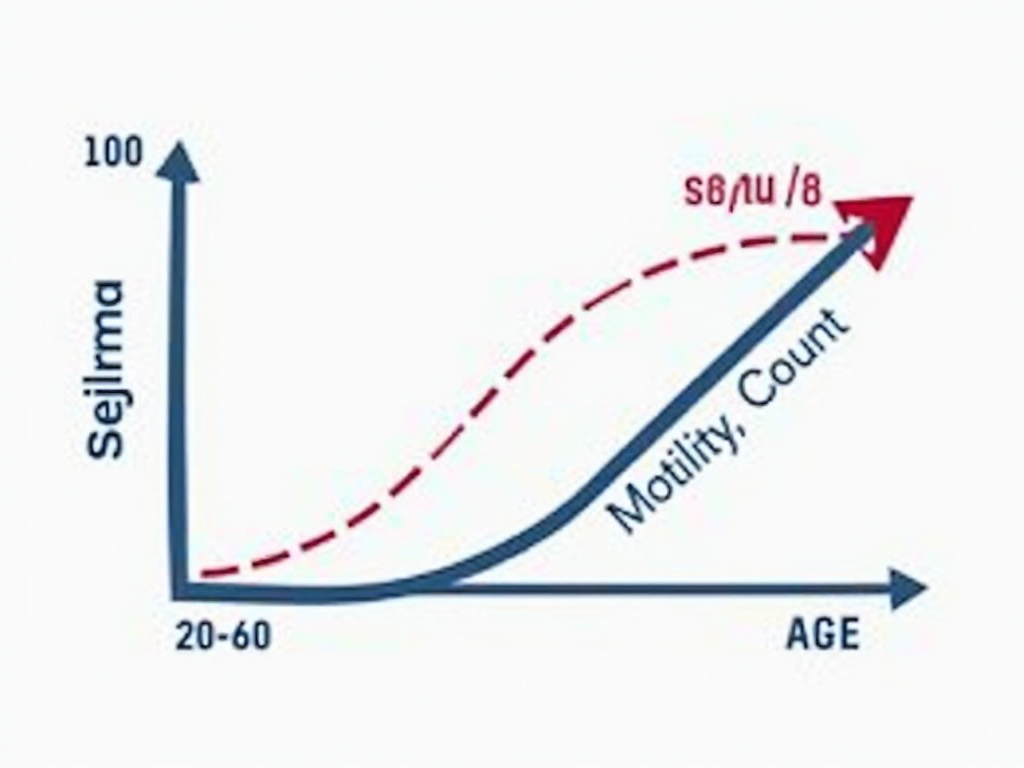Stress and Infertility: Breaking the Cycle
March 24, 2025, 12:09 p.m.
Stress and infertility can trap couples in a tough cycle. For men, stress harms sperm quality, making it harder to conceive. This article dives into how stress impacts male fertility, shares holistic ways to fight back, and offers tips to break free.
What Is Infertility?
Infertility means not being able to get pregnant after a year of trying without protection. It hits about 15% of couples. Half the time, men play a role in the problem. Stress often sneaks in, messing with hormones and lowering sperm quality.
I’ve seen this firsthand. When my partner and I tried to start a family, every month brought hope—then disappointment. The stress piled up fast. It felt like we couldn’t escape the pressure, and I wondered if it was hurting our chances.

How Stress Hurts Male Fertility
Stress doesn’t just mess with your mind—it hits your body too. For men, it can lower testosterone, the hormone that drives sperm production. High stress also creates oxidative stress, which damages sperm DNA.
Studies back this up. Research in Fertility and Sterility found that men with high stress had fewer sperm and more abnormal ones. Poor sperm quality—low count, slow movement, odd shapes—makes conception tougher.

Breaking the Cycle with Holistic Approaches
You can fight back against stress and infertility. Holistic approaches to male infertility focus on the whole person—mind, body, and lifestyle. Here’s how to start:
Stress Management
- Meditation: Sit quietly for 10 minutes a day. Focus on your breath to calm your mind.
- Yoga: Stretch and relax with poses like child’s pose or downward dog.
- Breathing Exercises: Take slow, deep breaths to ease tension anywhere, anytime.

Lifestyle Changes
- Exercise: Walk, jog, or lift weights for 30 minutes most days. It cuts stress and boosts health.
- Diet: Eat fruits, veggies, nuts, and fish. These foods help sperm quality with antioxidants.
- Avoid Toxins: Quit smoking, limit alcohol, and dodge chemicals like pesticides.
I started running three times a week. It wasn’t easy at first, but it cleared my head. Pairing that with healthier meals—like swapping chips for almonds—made me feel in control again.

Supplements and Therapies
- Vitamins: Try C, E, zinc, or selenium. They protect sperm from damage.
- Alternative Options: Acupuncture or massage can lower stress and may boost sperm health.
Sperm Quality and Age Correlation
Age matters too. As men get older, sperm quality drops. Movement slows, shapes change, and DNA issues pop up more. After 35, these changes get noticeable. By 50, they’re hard to ignore.
Stress makes it worse. An older guy under pressure might see bigger fertility dips. Managing stress becomes a must, especially later in life.

I’m in my late 30s now. Knowing age could hurt my chances pushed me to act. I cut stress where I could—less late nights, more sleep—and it felt like a weight lifted.
Tips You Can Use Today
Here’s what works:
- Spend 10 minutes meditating daily.
- Fill half your plate with fruits and veggies.
- Move your body—walk or stretch—for 30 minutes.
- Sleep 7-8 hours a night.
- Talk to someone—a friend, therapist, or group.

Wrapping It Up
Stress and infertility feed off each other, but you can break the cycle. Manage stress with simple habits, eat well, and stay active. Age plays a role, but you’ve got power to improve your fertility—and your life.